PALESTINIAN ISLAMIC JIHAD Representative in Iran, Nasser Abusharif, states “EGYPT didn’t even give us a glass of water.”
In a recent statement that has caught the attention of both regional and international observers, Nasser Abusharif, the representative of the Palestinian Islamic Jihad (PIJ) in Iran, sharply criticized Egypt for its lack of support for Palestinians, particularly in their time of need. Abusharif, speaking to the media, accused Egypt of not providing even the most basic assistance, stating, “Egypt didn’t even give us a glass of water.” This comment has sparked debate and controversy across the Middle East, highlighting the complex relationships between Palestinian groups, regional powers, and the broader geopolitical dynamics of the region.
The remarks from Abusharif come amid heightened tensions in Gaza and the ongoing struggles of the Palestinian people in their fight for sovereignty and self-determination. His statement points to the broader dissatisfaction felt by some Palestinian factions toward Egypt, a country that has historically played a significant role in mediating peace talks and facilitating humanitarian aid in the region. However, with Egypt’s shifting political priorities and the growing influence of other regional powers like Iran, the dynamics of Palestinian support have become more complicated.
The Role of Egypt in Palestinian Politics
Egypt has long been a key player in Palestinian affairs, largely due to its strategic position in the Middle East and its historical role as a mediator between Palestinian factions and Israel. Over the years, Egypt has played a critical part in brokering ceasefires, organizing peace talks, and providing humanitarian aid to Palestinians, particularly those living in Gaza, which shares a border with Egypt. Cairo’s involvement has been particularly significant in efforts to mediate between Palestinian factions, including Hamas and the Palestinian Authority, as well as to manage the humanitarian situation in Gaza.
However, the relationship between Egypt and the Palestinian factions, particularly those in Gaza, has been increasingly strained in recent years. Despite its role as a key mediator in past conflicts, Egypt’s political priorities have shifted, particularly after the rise of the Muslim Brotherhood in Egypt and its eventual ousting from power in 2013. Under President Abdel Fattah el-Sisi, Egypt’s stance on Gaza and Palestinian factions has become more cautious and less supportive of groups like Hamas and Islamic Jihad.
The Egyptian government has been particularly wary of the growing influence of Iran and its close ties with groups like Hamas and PIJ. Egypt views Iran’s growing involvement in Palestinian affairs with suspicion, especially as Iran’s support for Palestinian militant groups contrasts with Egypt’s interest in maintaining regional stability and preventing the spread of Iranian influence in the Arab world.
The Palestinian Islamic Jihad and Its Relationship with Egypt
The Palestinian Islamic Jihad, a militant group with significant influence in Gaza, has a complicated and often adversarial relationship with Egypt. PIJ, which receives support from Iran, has consistently positioned itself as a key actor in the Palestinian resistance movement, advocating for armed struggle against Israel. Unlike Hamas, which has a more complex political strategy, PIJ has been steadfast in its commitment to armed resistance and has often found common ground with Iran’s hardline policies in the region.
However, this alignment with Iran has strained PIJ’s relationship with Egypt, which has consistently sought to limit Iranian influence in Gaza. Egypt’s strategic interests in maintaining its own security and stability, particularly in relation to its concerns about militant groups operating in the Sinai Peninsula, have made it hesitant to fully support groups like PIJ, which receive backing from Tehran. The Egyptian government has also worked to contain Hamas and other Palestinian factions in Gaza, often closing border crossings and imposing restrictions on the movement of people and goods.
Abusharif’s recent remarks criticizing Egypt reflect the growing frustration among some Palestinian factions, including PIJ, with Egypt’s approach to the Gaza Strip and its role in the broader Palestinian issue. The lack of support from Egypt, as described by Abusharif, highlights the tensions between Palestinian resistance groups and Egypt’s shifting priorities in the region.
Egypt’s Changing Stance Toward Gaza and the Palestinian Cause
While Egypt has historically positioned itself as a key advocate for Palestinian rights, its role in the Palestinian cause has evolved in recent years, particularly with the changing dynamics in the Arab world. Since the 2013 ousting of former Egyptian President Mohamed Morsi, a member of the Muslim Brotherhood, Egypt’s foreign policy has taken a more pragmatic and less ideologically driven approach. Under President el-Sisi, Egypt has focused on combating Islamist militancy and has made efforts to limit the influence of groups like Hamas, which is ideologically aligned with the Muslim Brotherhood.
Egypt’s stance on Gaza has also been influenced by its own security concerns. The Sinai Peninsula, which borders Gaza, has been a hotspot for militant activity, with groups like ISIS operating in the area. As a result, Egypt has been cautious about allowing the free flow of militants and weapons between Gaza and Sinai, fearing that such activity could destabilize its own security situation. This has led to the construction of a wall along the Gaza-Egypt border, the closing of tunnels used to smuggle goods and weapons, and the imposition of strict border controls that limit the movement of people and goods in and out of Gaza.
Egypt’s policy toward Gaza has also been shaped by its broader regional alliances. The Egyptian government has sought to maintain good relations with Israel, particularly in terms of security cooperation, and has worked to distance itself from groups that challenge Israel’s existence or engage in acts of terrorism. While Egypt has occasionally brokered ceasefires between Israel and Hamas, it has been less willing to fully embrace groups like PIJ, which engage in direct confrontations with Israel.
Growing Influence of Iran in Palestinian Affairs
One of the key factors in the tension between Egypt and Palestinian factions like PIJ is the growing influence of Iran in Palestinian affairs. Iran has long been a supporter of militant groups like Hamas and PIJ, providing them with financial aid, military support, and training. This support has allowed these groups to expand their capabilities and engage in more sophisticated military operations against Israel.
For Egypt, Iran’s involvement in Gaza and its support for groups like PIJ represents a challenge to its own influence in Palestinian politics. Egypt has historically positioned itself as the principal Arab power advocating for Palestinian rights, but the rise of Iranian-backed groups has shifted the balance of power in the region. Iran’s influence over Palestinian factions, particularly PIJ, has created a rift between these groups and Egypt, which views Iran’s regional ambitions with suspicion.
Abusharif’s statement about Egypt not even offering “a glass of water” underscores the discontent felt by PIJ and other Palestinian factions with Egypt’s approach. While Egypt has played a role in facilitating peace talks and offering limited humanitarian aid, many Palestinian groups feel that it has failed to provide adequate support in their struggle against Israeli occupation. The growing reliance on Iranian backing reflects a shift in Palestinian politics, with some factions turning to Tehran as a more reliable source of support.
The Broader Implications for Palestinian Unity and Regional Diplomacy
Abusharif’s comments highlight the deepening divisions within the Palestinian political landscape and the complex dynamics between Palestinian factions and regional powers. The frustration with Egypt’s lack of support is symptomatic of a broader struggle within the Palestinian movement, as different factions align themselves with different regional powers based on their strategic interests.
These tensions also have broader implications for regional diplomacy. Egypt’s position on Palestinian issues remains important, particularly in terms of its role in mediating peace negotiations and managing the humanitarian situation in Gaza. However, the rise of Iranian-backed groups like PIJ presents a challenge to Egypt’s influence, particularly as Tehran continues to assert itself as a key player in Middle Eastern geopolitics.
For the Palestinian cause, the growing fragmentation of political support could undermine efforts to achieve a unified strategy for resistance and negotiations. The divisions between factions like Hamas, PIJ, and the Palestinian Authority, along with the differing stances of regional powers, complicate efforts to forge a lasting solution to the Israeli-Palestinian conflict.
Conclusion: A Divided Landscape
The statement by Nasser Abusharif serves as a stark reminder of the divisions within the Palestinian movement and the shifting dynamics of Middle Eastern geopolitics. As Egypt’s relationship with Palestinian factions, especially those in Gaza, continues to evolve, the broader implications for regional stability and the Palestinian cause remain uncertain. With Iran’s growing influence in Palestinian affairs and Egypt’s cautious approach to Gaza, the path to Palestinian unity and peace remains fraught with challenges. Abusharif’s criticism of Egypt is a reflection of the broader frustration felt by many Palestinian groups who seek stronger support in their ongoing struggle for justice and self-determination.
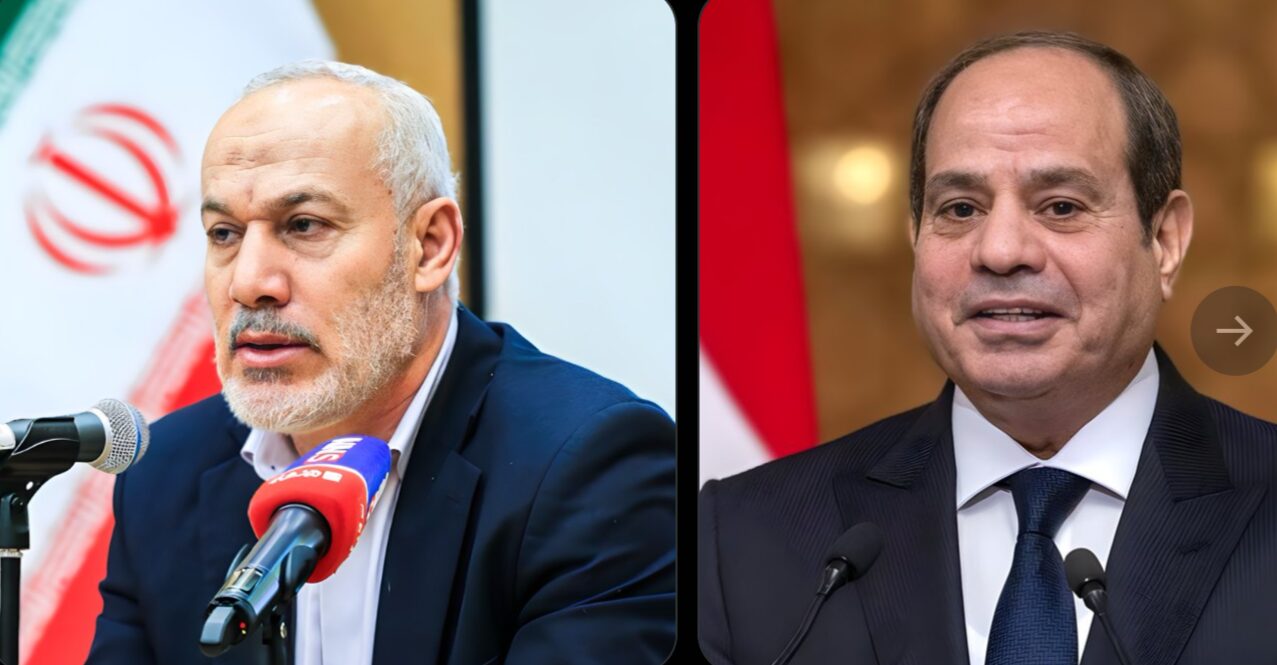

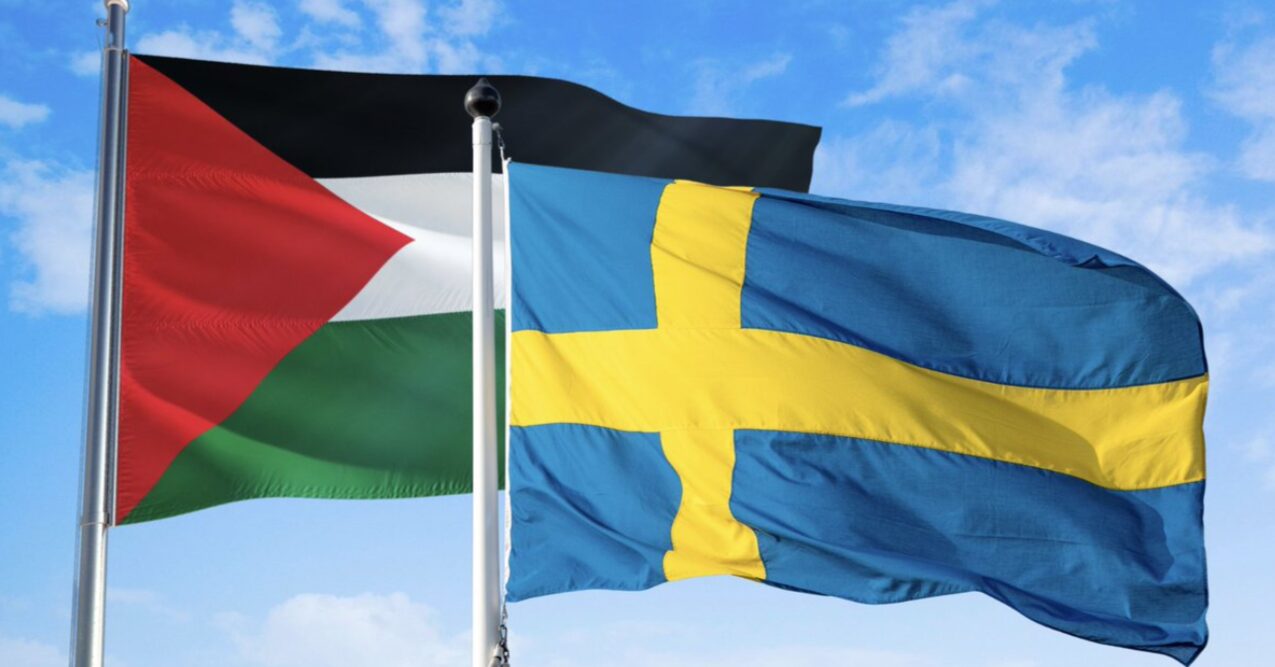
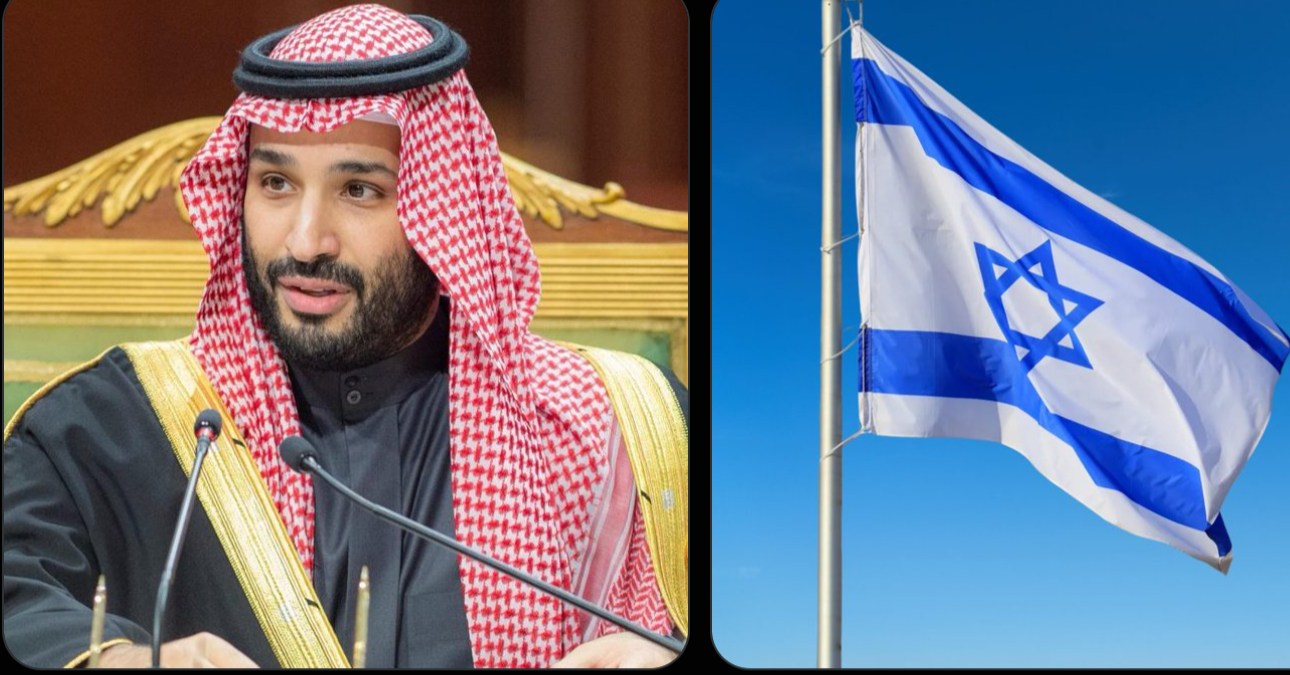

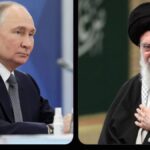
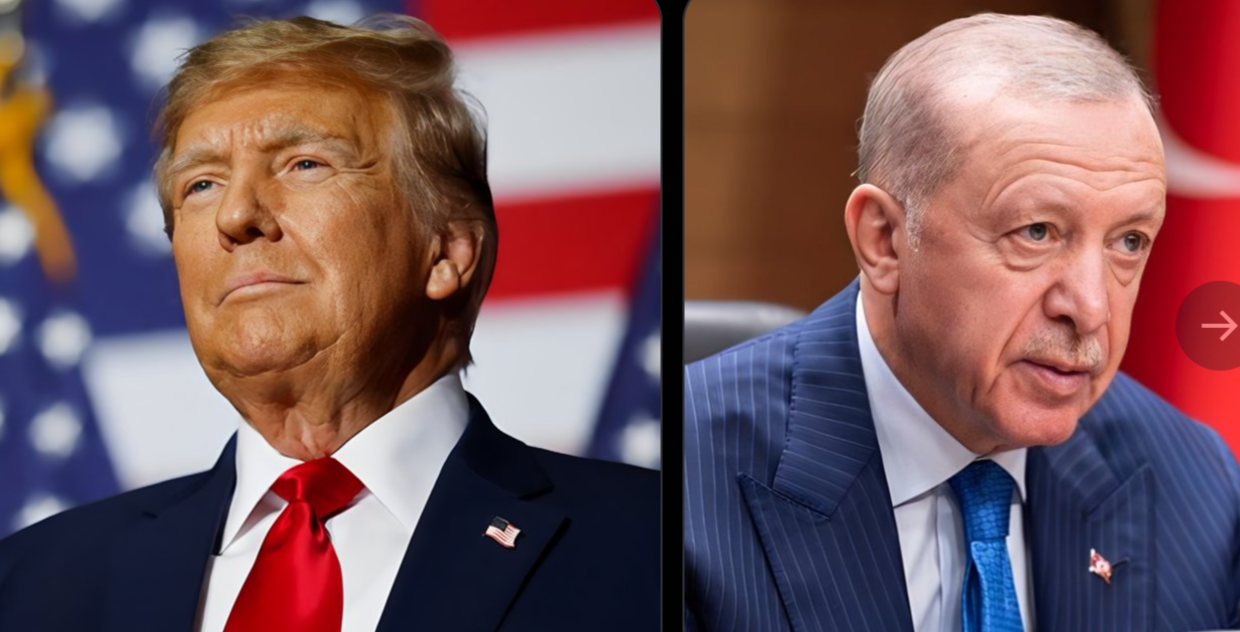
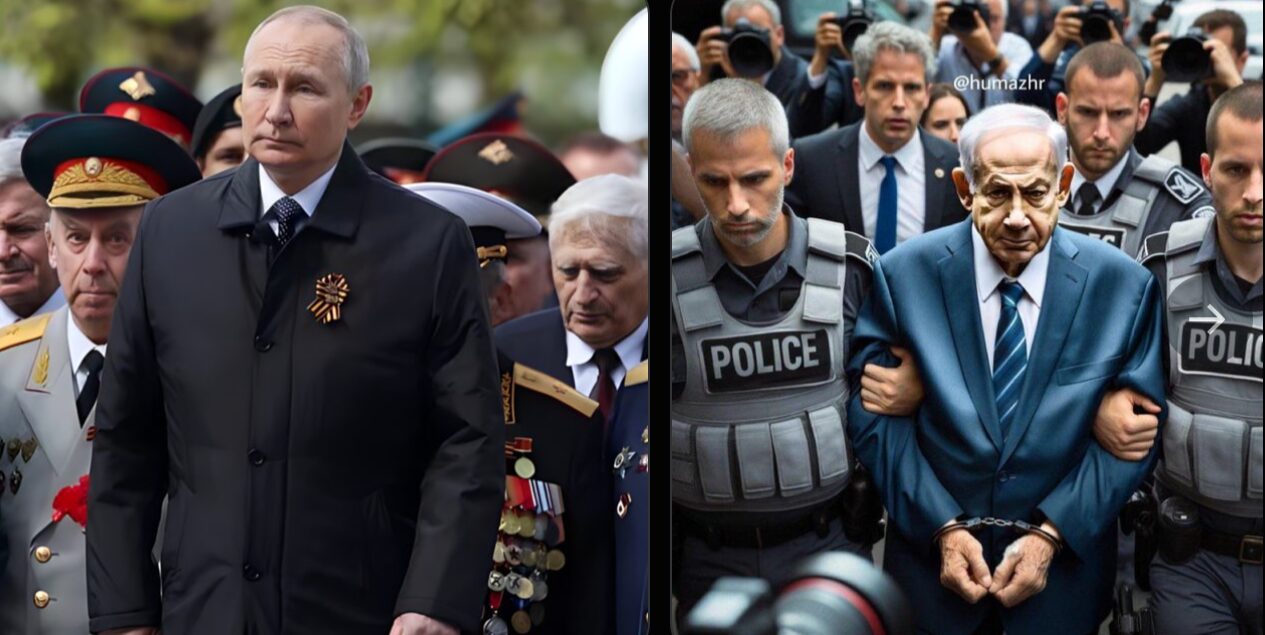
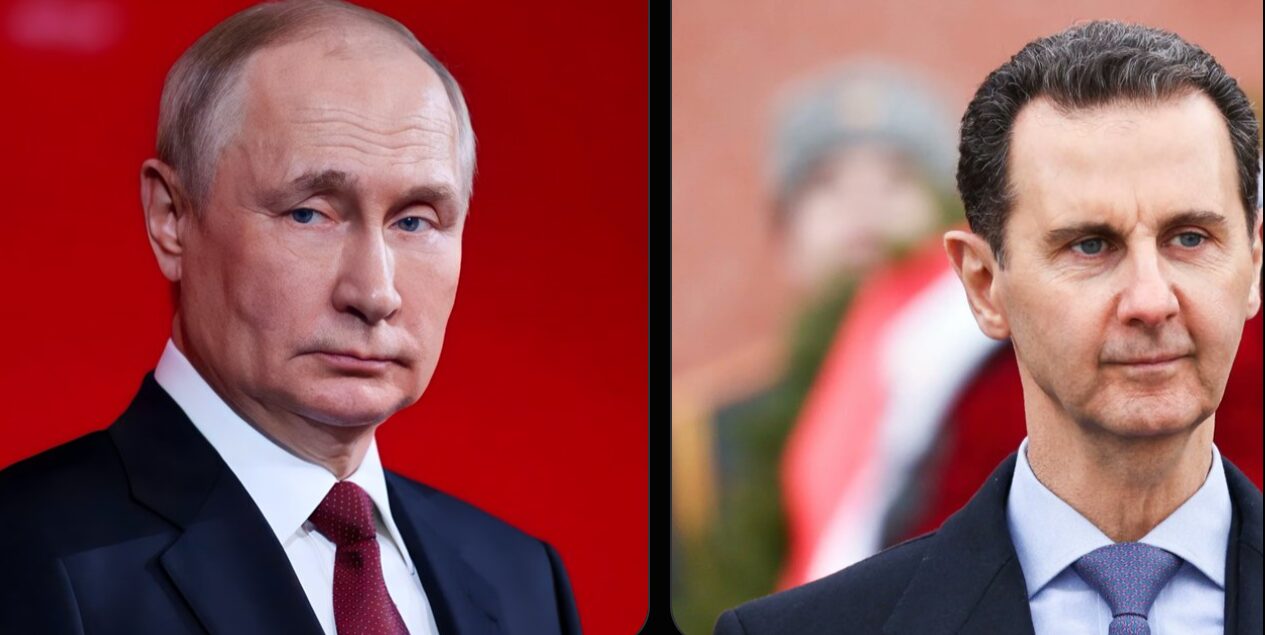








Post Comment